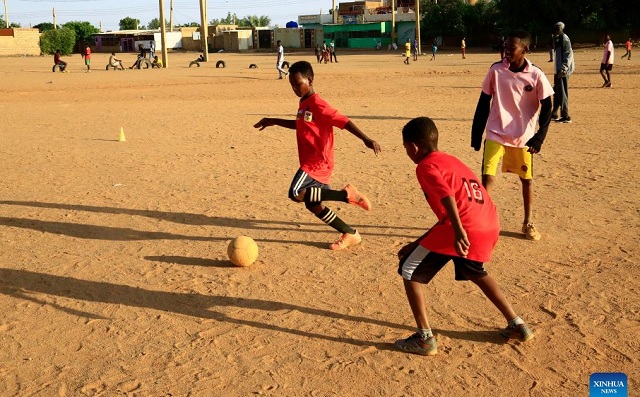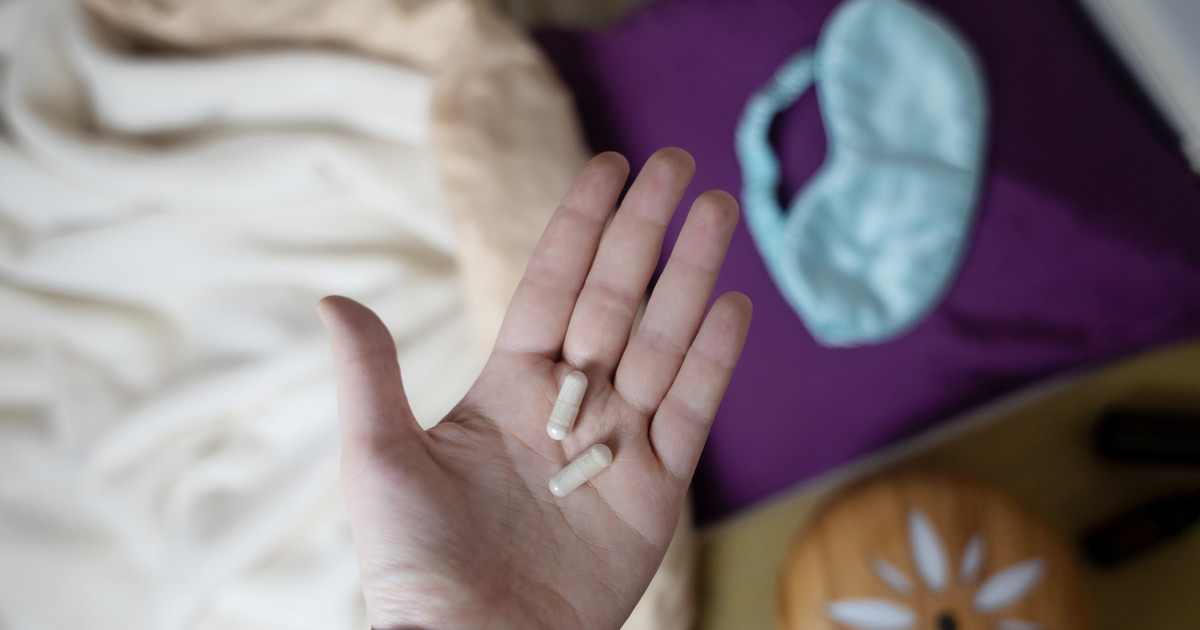Copyright independent

GAZA | Xinhua | In a shattered neighborhood of al-Daraj, Gaza City, former football defender Ramez Al-Issi sat behind a small stall selling tea and coffee, leaning heavily on a metal crutch. The 41-year-old, once a standout player for Al-Hilal Sports Club, is learning to navigate life without his left leg, amputated after he was hit by shrapnel last January. “Football was my life, and I was excellent at it. When I played on defense, strikers used to say they would never score if I was on the field,” he told Xinhua. That chapter ended abruptly on Jan. 19, 2024, while he was returning from buying groceries for his family. A shell landed nearby, tearing through his leg. Doctors had no choice but to amputate it. “I was hit by shrapnel, which led to the loss of my leg. Thank God it wasn’t worse,” he said, his voice steady but heavy with memory. For four days, he lay on the floor of Al-Shifa Hospital, Gaza’s largest medical facility — no beds, no equipment, no adequate treatment. “Had there been, they might have implanted a metal plate and saved my leg,” he recalled. Returning home a changed man brought waves of despair to Al-Issi for quite a while. “At first, I felt depressed and wished I had died in that strike,” he admitted. “But then I thought of my children. Who would take care of them if I gave up?” That thought became his anchor. Though the field where he once coached is now a declared red zone, his spirit remains unbroken. “I dream of returning to coaching again. My son Karim is an excellent player, and I hope he will continue what I started,” he said. “Even though my leg is gone, I will never stop training … Experience cannot be amputated.” Al-Issi is one of more than 5,000 Palestinians in Gaza who have undergone amputations since October 2023, including some 700 children, according to local health authorities. In central Gaza’s Deir al-Balah, 9-year-old Rateb Aqleq also knows the weight of loss. An airstrike that killed his parents and older brother has also taken his right leg. For some six months, he walked with a broken plastic pipe fastened with ropes. “I made this leg from a broken water pipe in the camp,” he said softly. “I just wanted to move around, to get out of the tent, to visit my mother’s grave, and to play with my friends. But it hurt most of the time.” Things turned a little bit better when Aqleq received a prosthetic leg from Sheikh Hamad Rehabilitation Hospital. “When they fitted me with the prosthetic leg, I felt like I was born again,” Aqleq said, his voice bright with confidence. “Now I can walk and run a little, and I play football with my friends. Maybe I can’t run as fast as before, but I’m happy I can play again.” At the Gaza Municipality’s Prosthetics Center, engineer Mohammed Issa said they are facing unprecedented demand from those like al-Issi and Aqleq in the enclave. “Before the war, we served about 2,000 patients annually. Now, over 5,000. Due to restrictions, we face a raw material shortage and recycle old parts to meet urgent needs,” he told Xinhua. Many amputees receive temporary devices; Some have to wait months for advanced prosthetics unavailable in Gaza. Bassam Nawfal, director of Gaza’s Rehabilitation Department, said over 60 percent of amputees have not received treatment or prosthetic limbs. Fuel shortages, power outages, and damaged infrastructure delay even basic care. Sometimes, amputations are performed due to a lack of alternatives. Attia al-Wadiya, public relations director at Sheikh Hamad Rehabilitation Hospital, said the facility has served more than 7,000 amputees, including 5,000 new cases since the war began. The hospital, funded by Qatar, remains operational but works under “extremely difficult” conditions: Parts of the building were damaged, roads are unsafe, and malnutrition complicates rehabilitation. “We receive daily appeals from amputees needing prosthetics or repairs,” many of whom “suffer muscle atrophy,” al-Wadiya said. Yet amid the scarcity and pain, resilience is quietly growing. Aqleq, from Deir al-Balah, still dreams aloud, his gaze fixed on a future beyond the ruins. “I train every day to get better. When I grow up, I want to become a prosthetics technician to help children, just as I was helped,” the little boy said with determination. ■



